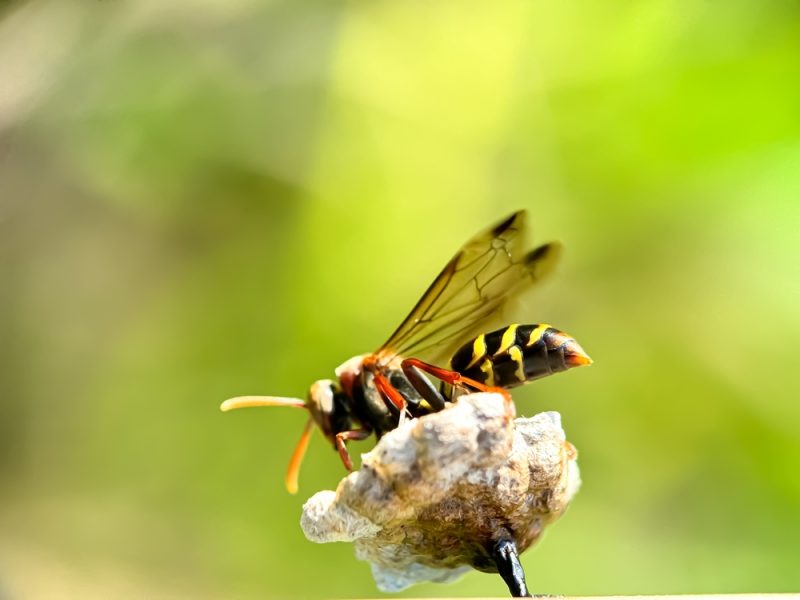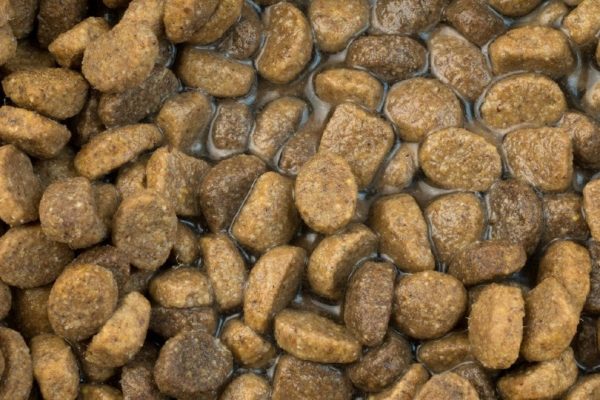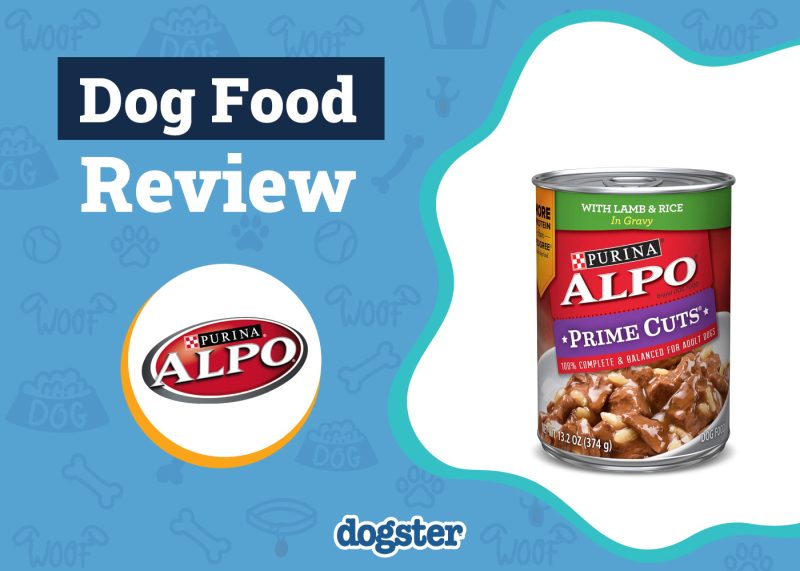Crickets are insects that belong to the Grylloidea family.1 They typically have long bodies, segmented legs, and large antennae. A tough exoskeleton covers their bodies and provides protection from predators. They can be found almost everywhere in the world except in extremely cold regions. Crickets are also popular human snacks in places like Thailand and Mexico.
But can dogs eat crickets? Crickets aren’t toxic to dogs, and you most likely don’t have to worry if your pet finds one and takes a bite or two.
That said, these insects can cause tummy trouble and sometimes carry parasites, so gobbling crickets shouldn’t be encouraged. Cricket-based snacks and cooked products featuring cricket flour are acceptable for dogs as long as they don’t contain products that would otherwise be harmful, such as xylitol, raisins, or chocolate.

Is It Safe for Dogs to Eat Crickets?
While live crickets aren’t toxic to dogs, it’s usually best to prevent pets from snacking on them. Crickets and insects sometimes have pesticides in their bodies. Crickets’ tough exoskeletons can also cause canine tummy trouble.
Wild crickets sometimes carry physaloptera parasites, which can cause intense vomiting in some dogs.2 In particularly serious cases, weight loss and anemia can be seen. A diagnosis can be difficult, as this worm’s eggs can be challenging to spot in dogs’ feces. Some veterinarians include endoscopy in their diagnostic workups, as it’s sometimes possible to see the worms this way.
After physaloptera diagnosis, treatment is usually relatively straightforward. Most dogs recover after being dewormed, though some require more than one round of medication. The parasite can also be transmitted to dogs that eat contaminated roaches, grubs, beetles, or infected rodents, lizards, or birds. All that said, physaloptera infections are relatively rare.
If you need to speak with a vet but can't get to one, head over to PangoVet. It's our online service where you can talk to a vet online and get the advice you need for your pet — all at an affordable price!
Are Crickets Healthy?
While eating wild crickets should be discouraged, crickets are an incredibly solid source of protein. They’re low in fat and packed with iron, B vitamins, and other nutrients. These insects appear to be easy for dogs to digest and may hold promise as a novel protein source for allergy-suffering dogs.
Cricket protein production also has a far lower environmental toll than beef, chicken, and lamb farming. They don’t require much food or other resources to grow and reproduce, lowering the energy needed to produce the protein that goes into dog food.

While the market for insect-based pet food is still in its infancy, it’s possible to find cricket and other insect-based commercial dog foods and treats. Most include crickets or grubs processed according to USDA and FDA guidelines for human consumption.
While it’s safe to give your dog canine-specific products made with insect protein, it’s best to check with your veterinarian before making changes to your pet’s diet.
How Do Pet Food Makers Use Insects?
A few pet food manufacturers produce insect protein-based dog food and treats. The insect protein may be cricket- or grub-based, depending on the company. Most have wet and dry food formulations available, and it’s even possible to find healthy insect-based dental chews! Insect-based dog food is easier to find in Europe and Canada than in the U.S., where cricket-based treats are easier to find.


Conclusion
Crickets aren’t toxic to dogs, and you probably don’t have to worry if your pet manages to catch and eat one or two. That said, the crickets that your dog catches when walking aren’t exactly safe for them to eat, as they may contain remnants of pesticides or be infested with parasites, which can lead to vomiting, weight loss, and anemia. Crickets’ tough exoskeletons can also cause stomach upset in some pets.
- See Also: Can Dogs Eat Bamboo Shoots?
Featured Image Credit: Richard Malo, Pixabay




















